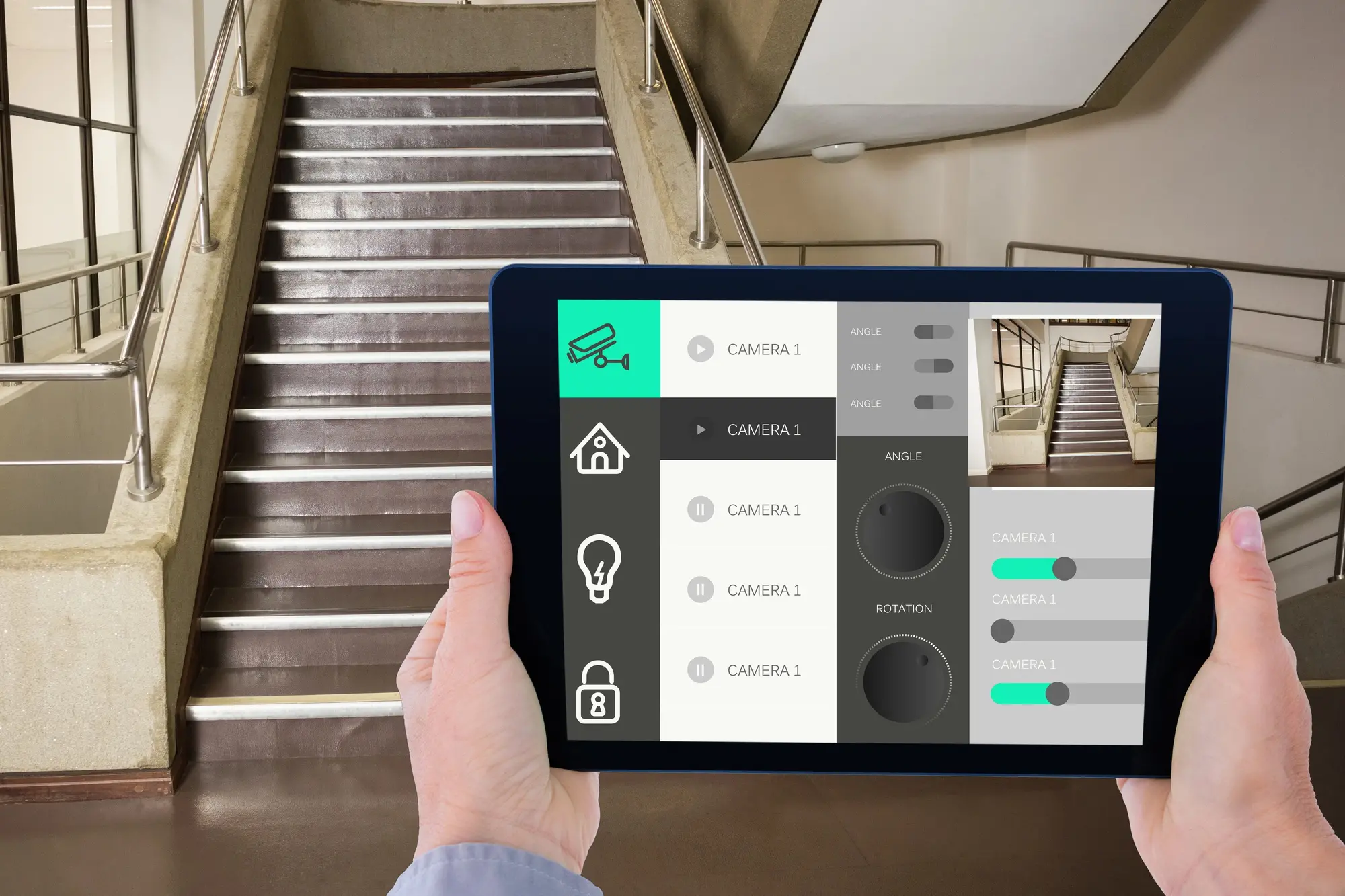A fully automated home from The Jetsons used to be a fun concept in sci-fi movies and TV shows.
Those ideas are now becoming reality.
Smart technology in our homes is making our lives easier than ever before. So what are some of the best ways this tech is benefiting us? Read on for some of the top home automation trends.
Interconnectivity
One of the top smart home advantages is the interconnectivity of all your gadgets.
The number of different control devices throughout your home is consolidating. Soon the days of having three different remotes for your TV, one each for the radio and speakers, plus other switches for air conditioning, lights, window treatments and other features will be gone.
More and more devices are integrating into your smartphone or home digital assistant like an Amazon Echo. You’ll never have to search between the cushions for a remote in an automated home.
Control from a Distance
Being able to control all the tech in your home from your phone isn’t limited to when you’re in your house.
Having your home devices integrated into your phone means you can access them remotely. Even if you’re on the go, you maintain full control.
Imagine you have a big dinner date with the cutie you met last week. You’re nervous, and it takes all your concentration to help get yourself prepared.
You shave, shower, put on deodorant, do your hair, and get dressed up. Finally, you hop in the car and head to your date’s house to pick them up.
But as soon as you make it a few blocks down the road, a thought hits you. Did you leave the living room and bathroom lights on? Did you close the windows, put the AC down, and lock the door as you sprinted out of it to your car?
In an automated home, being in a rush and forgetting to do a bit of housekeeping isn’t an issue. As soon as you pull into the driveway at your date’s house, you can pull out your phone. Check to see what you forgot, and then take care of it with a few taps.
Security
One of the most important home automation trends is the benefit of automation for security.
In a smart home, owners can lock their doors, bolt windows, and set alarms automatically. You can set them to lock at night or when you’re at work. They can also unlock around a specific time, such as when your child usually gets home from school.
Of course, you can access those systems through your phone as well.
You can even send live video from security cameras right to the palm of your hand. You can have unprecedented peace of mind in an automated home.
Assistants
We are already seeing the first wave of robotic assistants in our homes.
Personal assistants like Alexa can help you schedule appointments, search the web, and play music. A Roomba can rove through your house and clean and vacuum dirty floors.
Those devices are only the beginning.
Think of all the mundane tasks you have to do on a frequent basis. Things like:
- Washing the dishes
- Watering the plants
- Mopping the floor
- Cleaning the toilets, bathtub, and sink
- Dusting cabinets and shelves
- Taking out the trash
- Cleaning the pool
- Washing the windows
- Doing the laundry
- Washing your car
All these things would be taken care of in a fully automated home.
Imagine your Roomba, but on steroids. Devices like that will soon be able to handle a wider range of tasks and do the annoying things you don’t have the time or patience to.
Soon our houses might even have our own robotic chefs to cook fresh, healthy meals for us and have them hot and ready for us the moment we walk in the door home from work.
So much of home automation is about convenience. With robotic assistants to help with chores around the house, you’ll have more time to do the recreational things you truly love.
Habit Tracking
We all have our own individual daily routine.
You wake up at 6 a.m., put on your morning playlist, start the coffee maker, and hop in the shower.
In a smart home, AI systems learn your habits through machine learning and start doing things automatically. It can wake you up, play your music, and make your coffee without you lifting a finger. And if you’re not a morning person, you’ll need all the help you can get.
Habit tracking is helpful for your nighttime routine, too. If you need to be in bed by 11 p.m., your automated home can shut off your TV and turn the lights down to encourage you to resist binge-watching one last episode.
Greener Homes
Convenience isn’t the only benefit of an automated home.
Smart homes are greener than your average home. They do this by making it easier to turn devices on and off in the most optimized, energy efficient way.
The best example of this is with lighting. Outdoor light sensors can track how bright the natural light is from the sun, and then adjust your indoor lights accordingly.
If the sun is setting or it’s gloomy and cloudy, your smart home can turn on the lights and adjust the dimness to get brighter as the natural light goes away. This ensures you have the amount of light you need to see without leaving the lights on full blast full-time.
The automatic features of a smart home can help both your wallet and the planet.
Problem Detection
With a fully integrated smart home, your house is full of sensors. Some of them track what you do and what you need. But others can also monitor the status of your house and can give you early notice of any problems.
If your faucet develops a leak, your smart home can notify you and help you repair it. If your AC filter is dirty and needs replacing, your smart home can tell you about that, too.
With automation, a home can let you know of minor problems before they become major problems.
Learn More About Home Automation Trends
With so many ways that smart homes can benefit your life, and more ways still on the horizon, it’s a good idea to stay updated on the latest news.
For more information about home automation trends, check out our blog.





